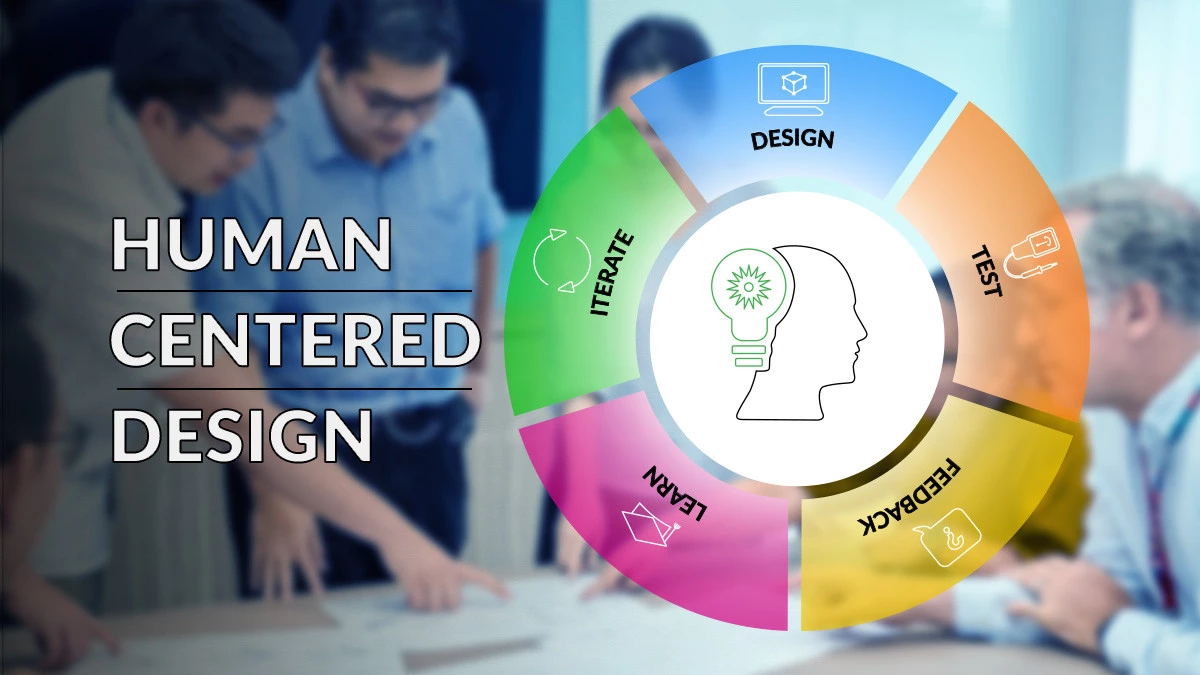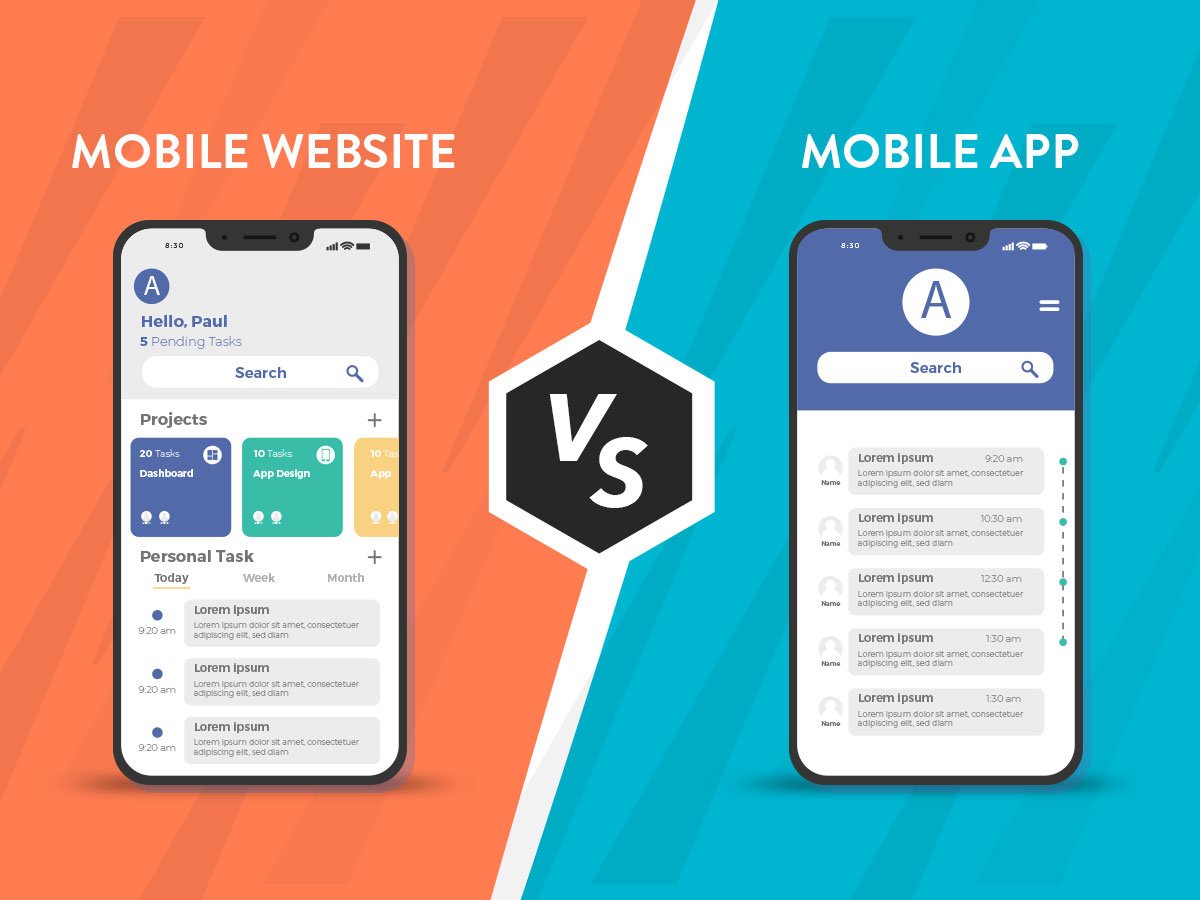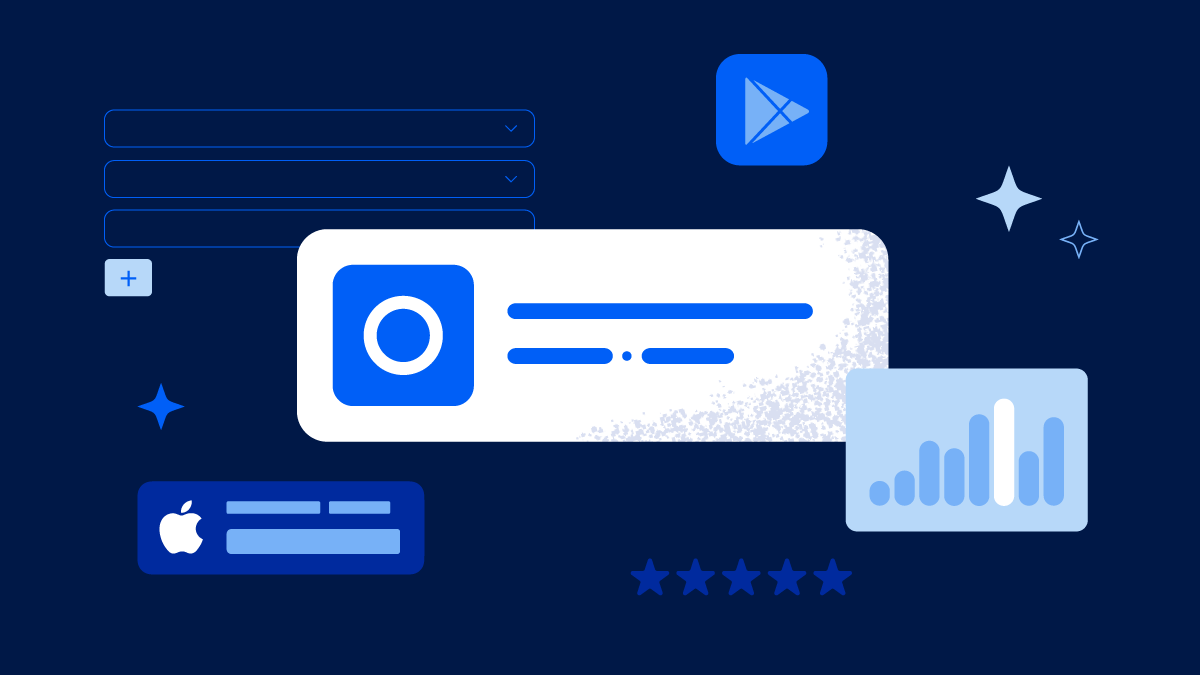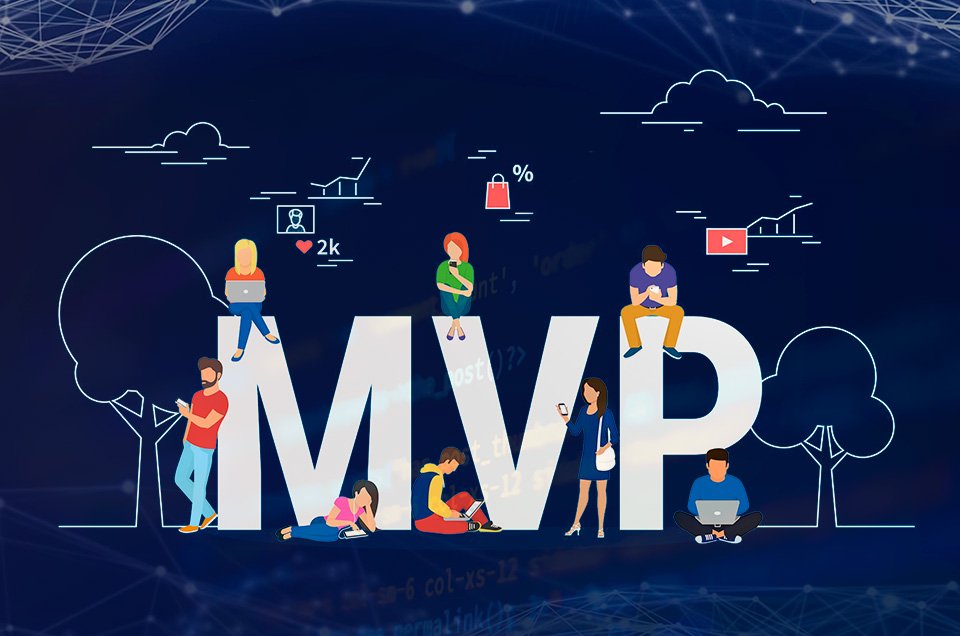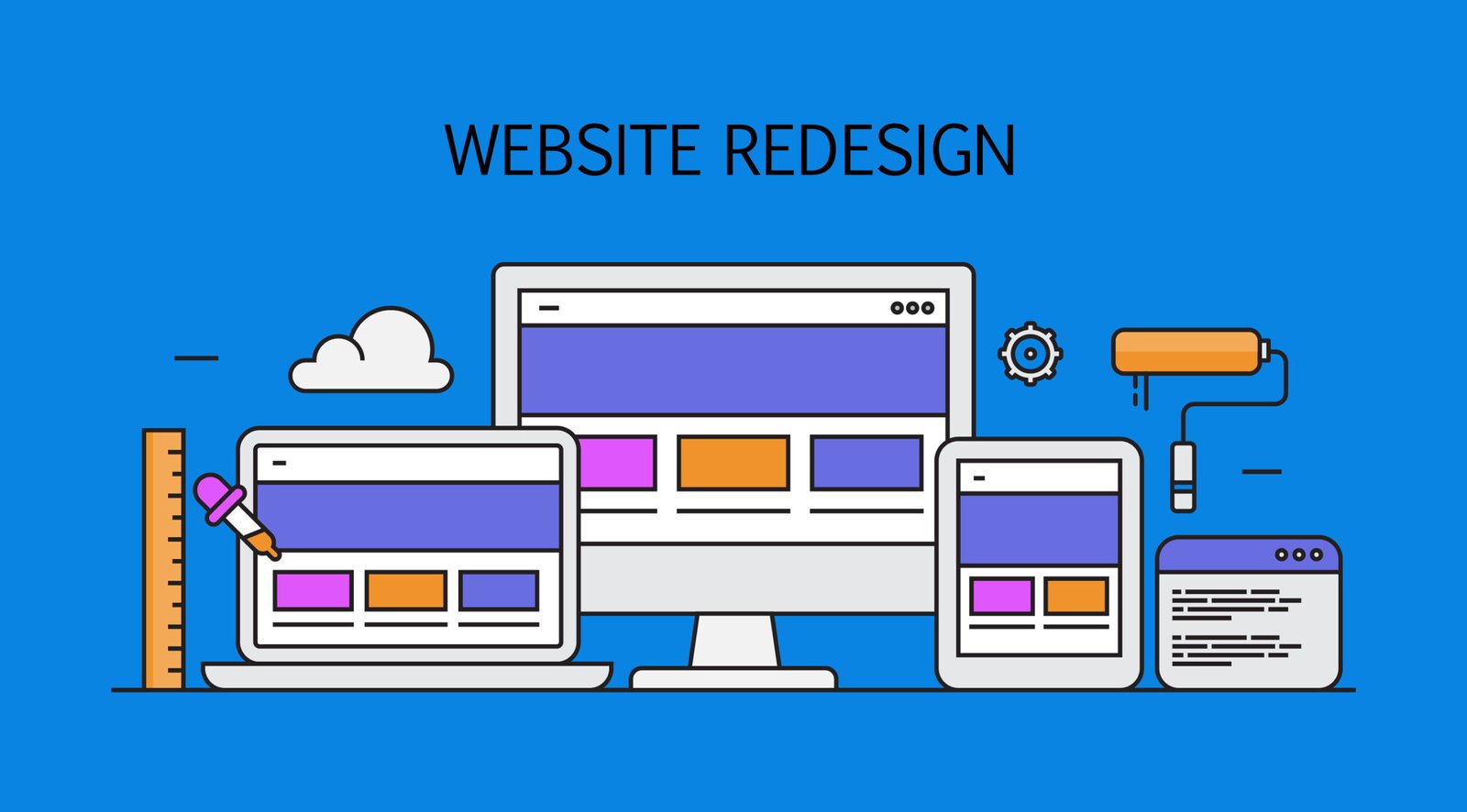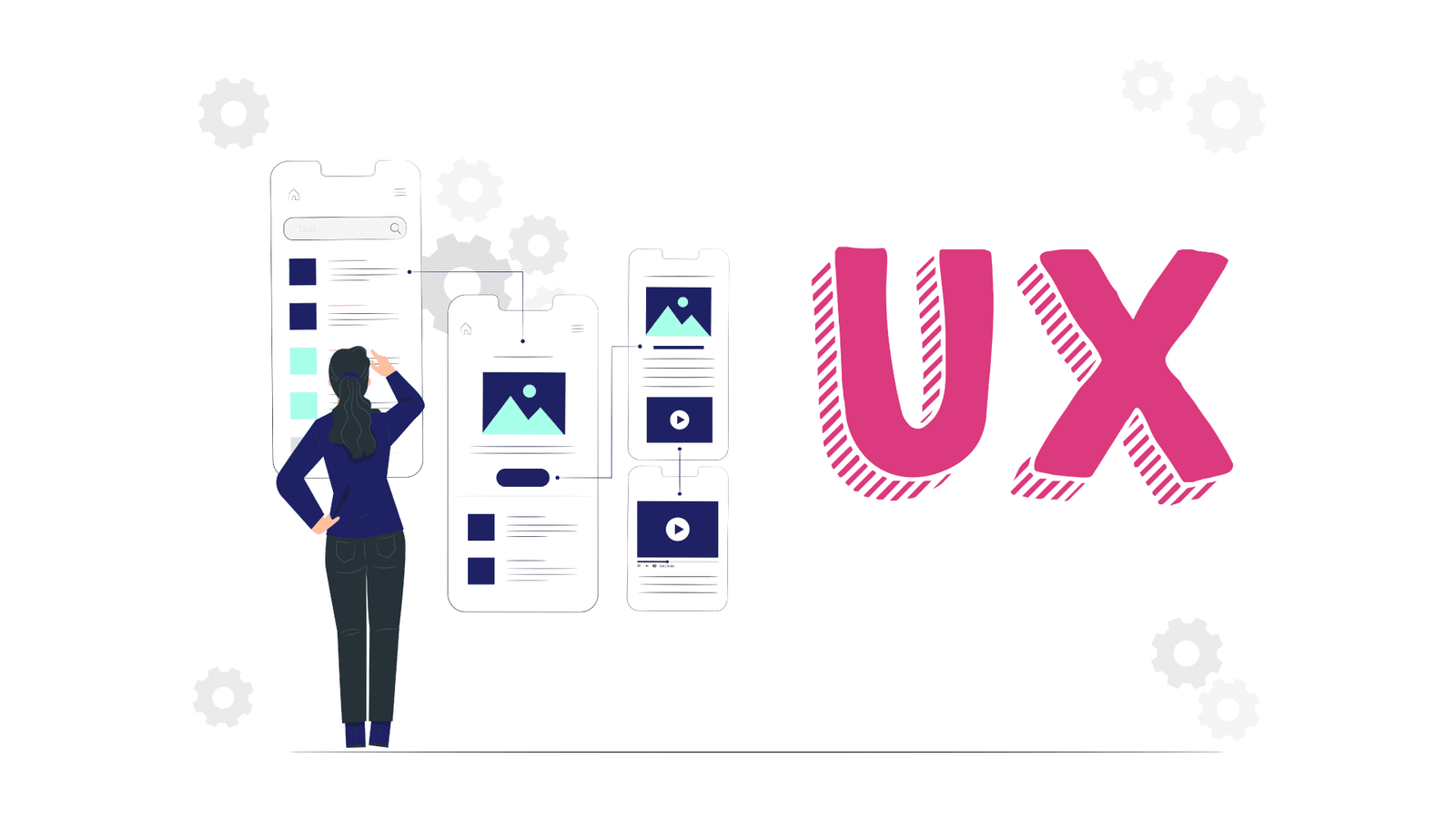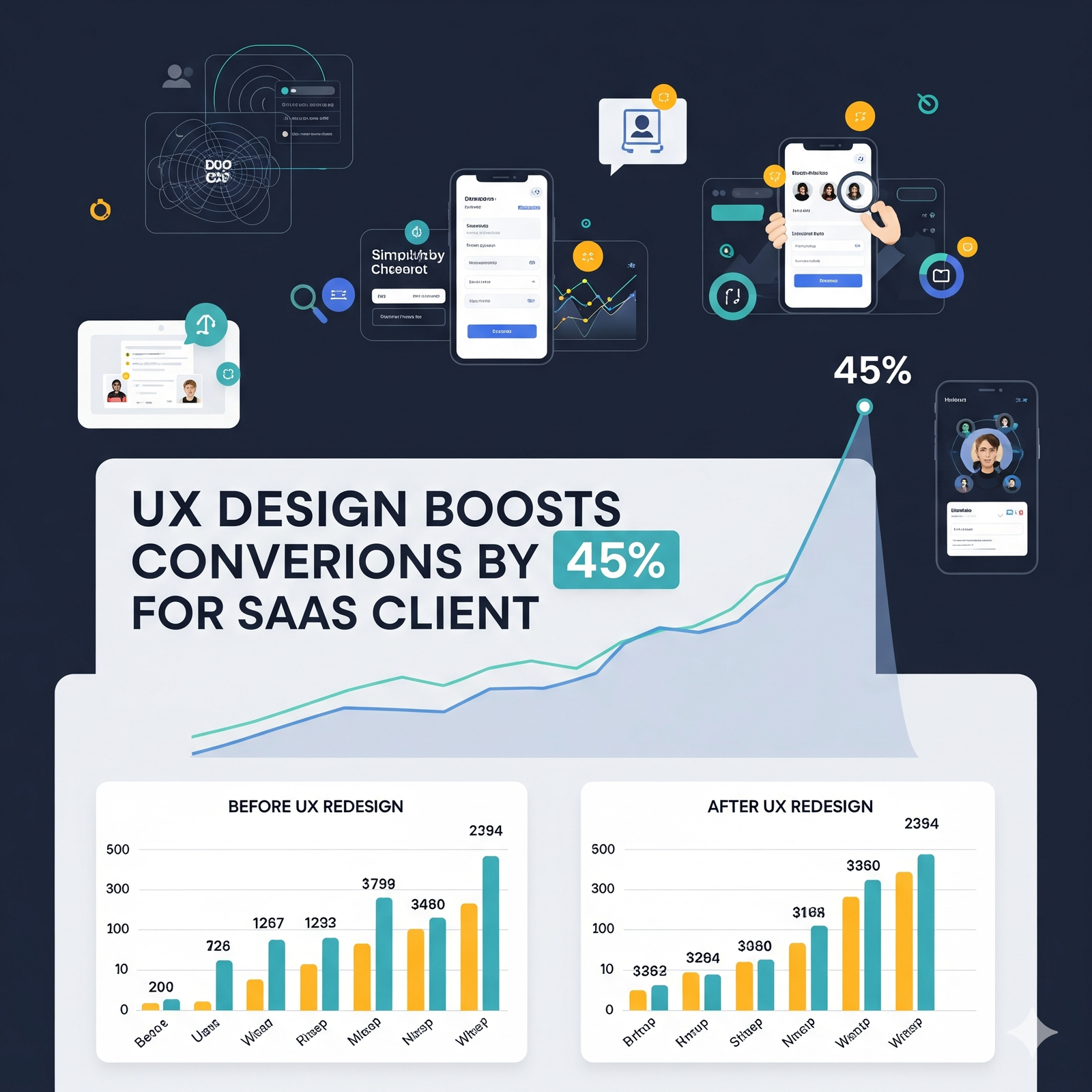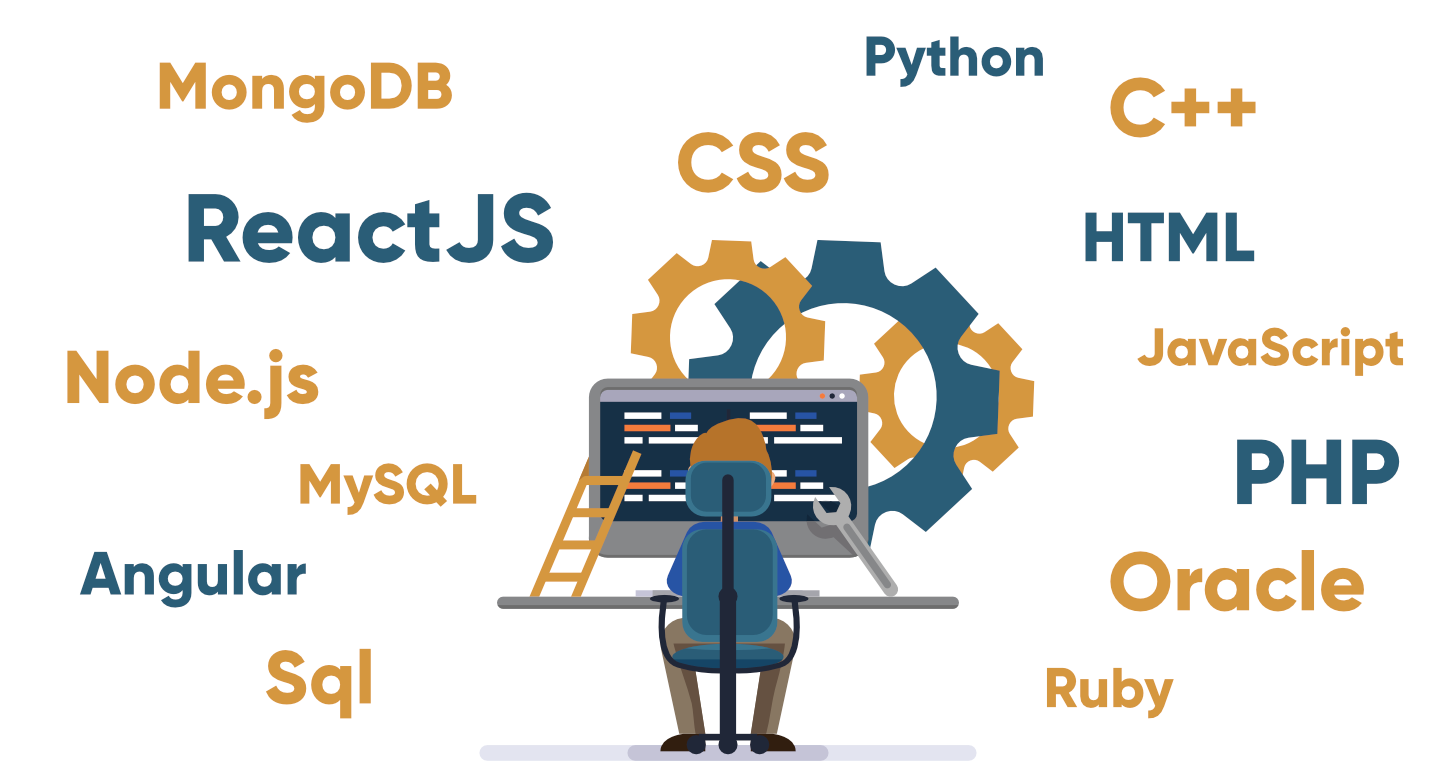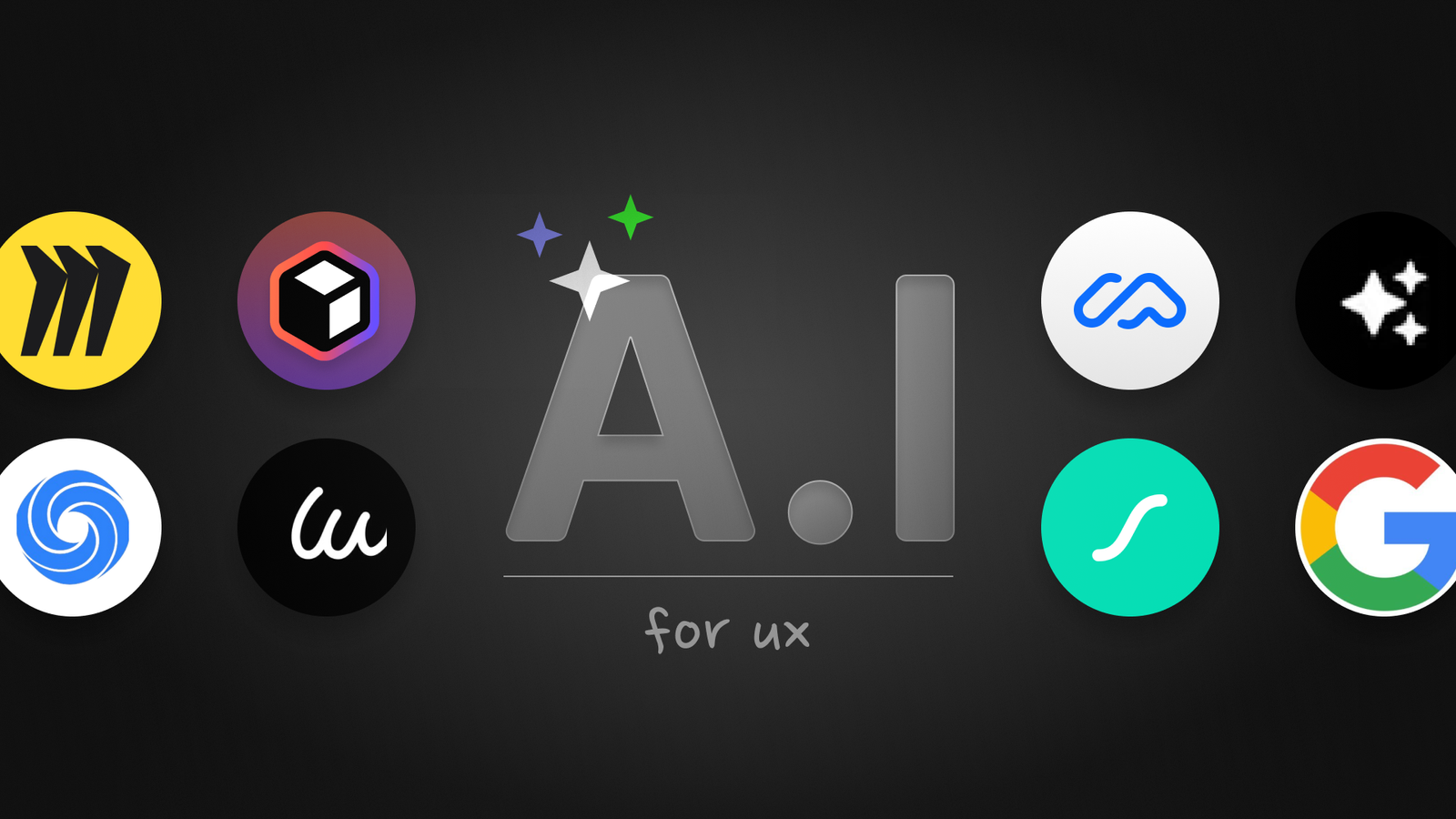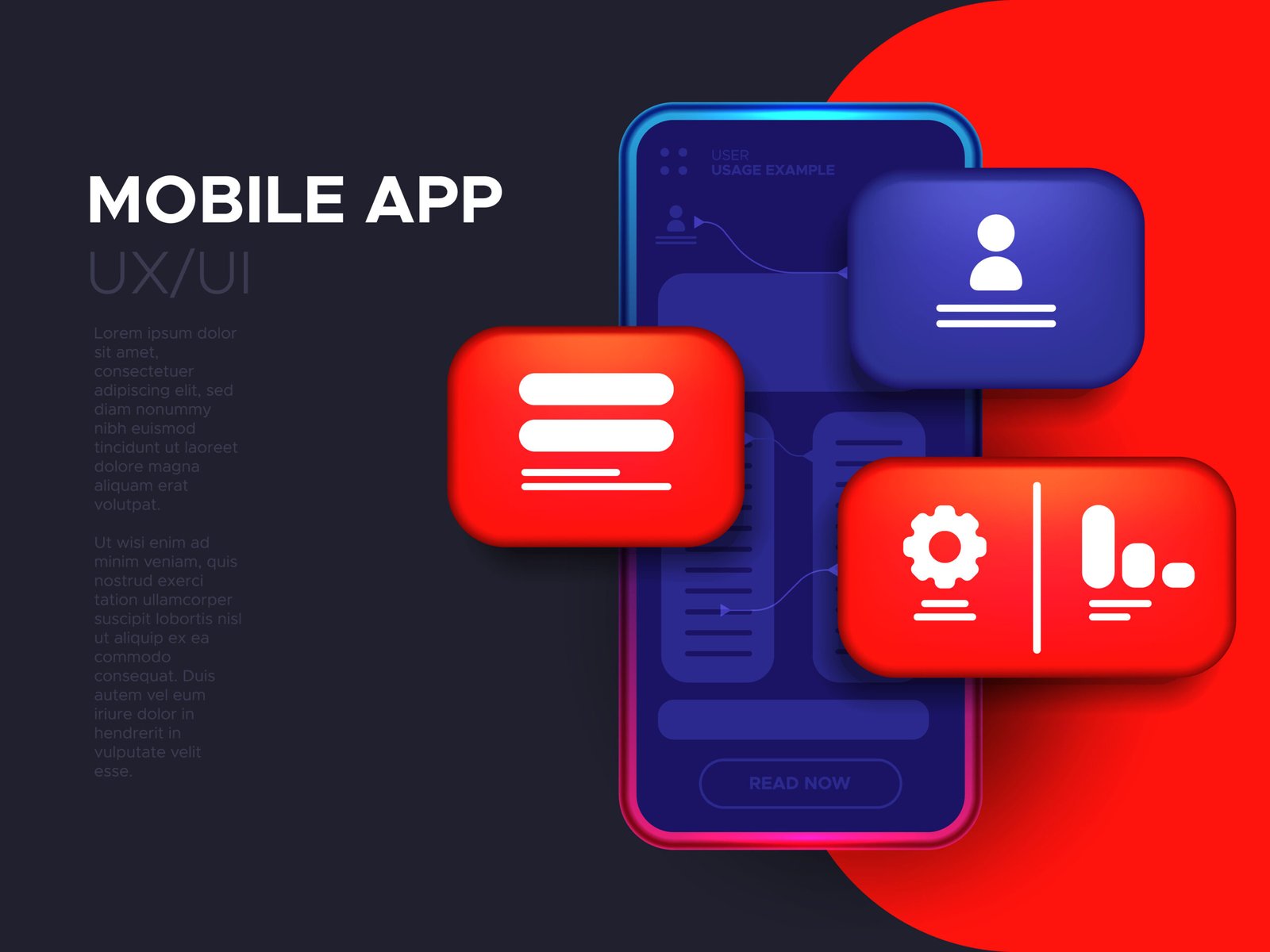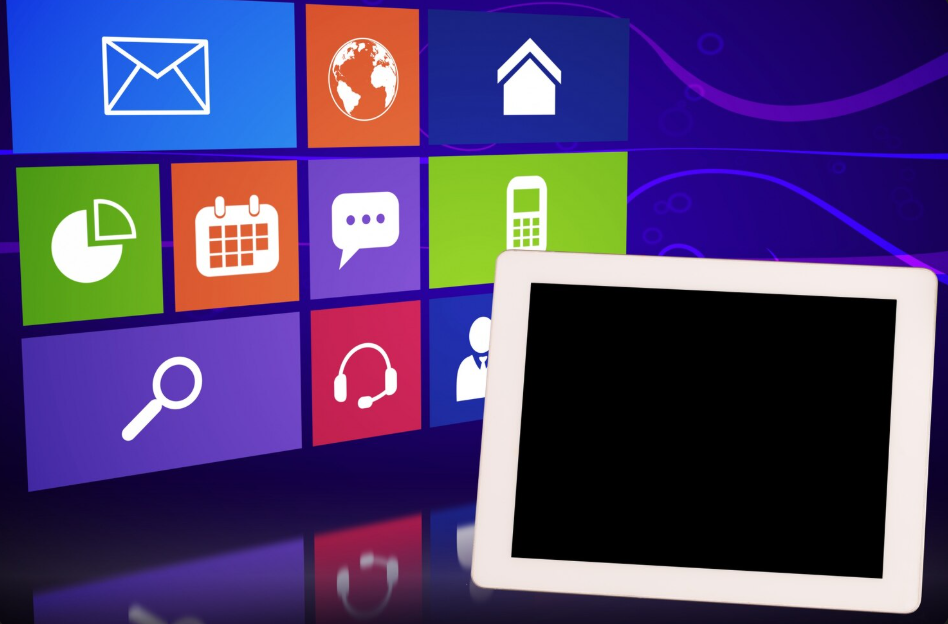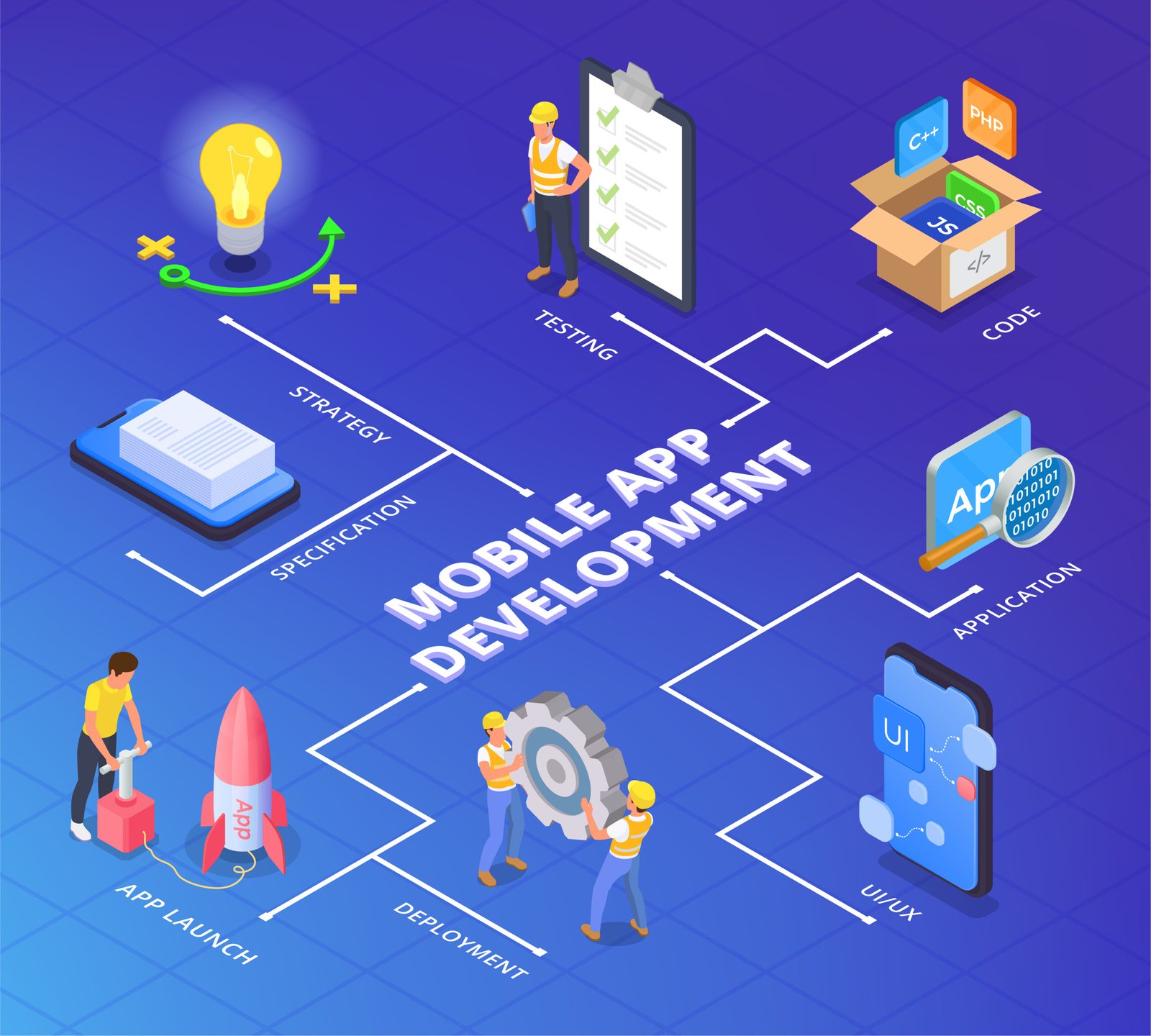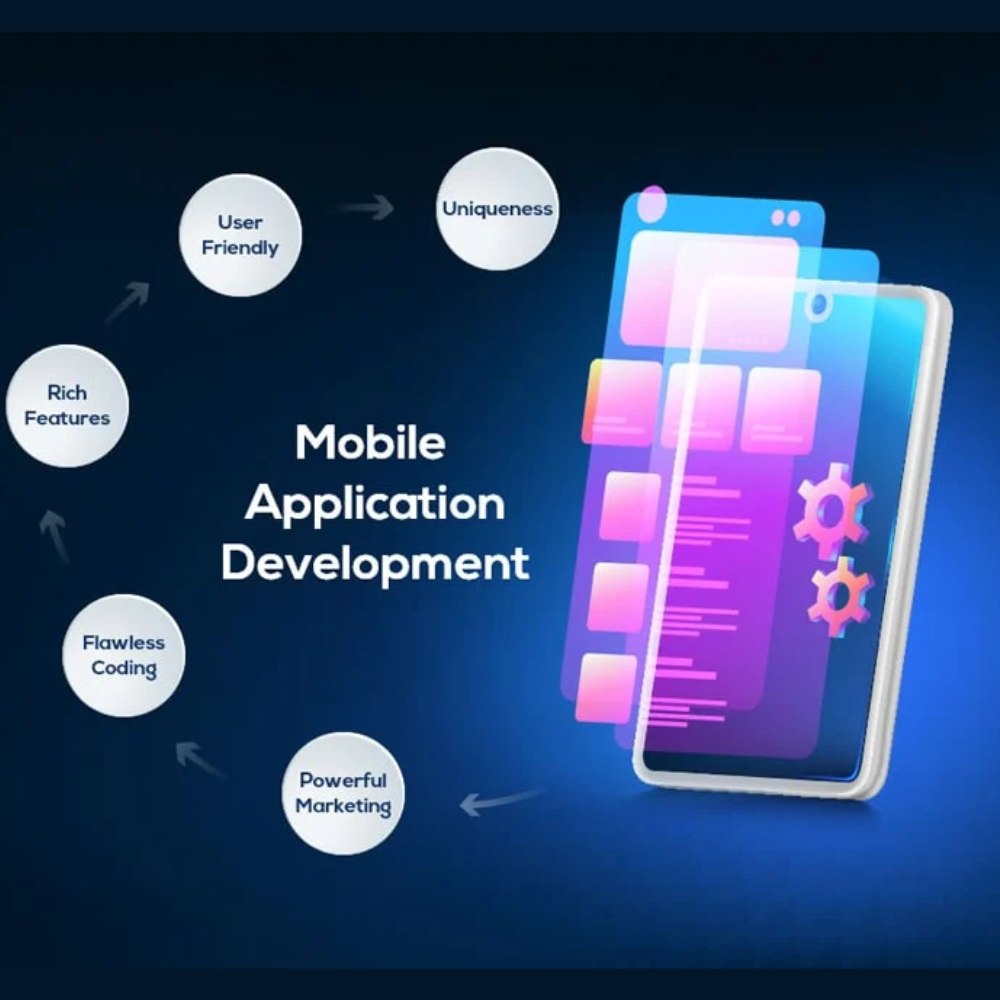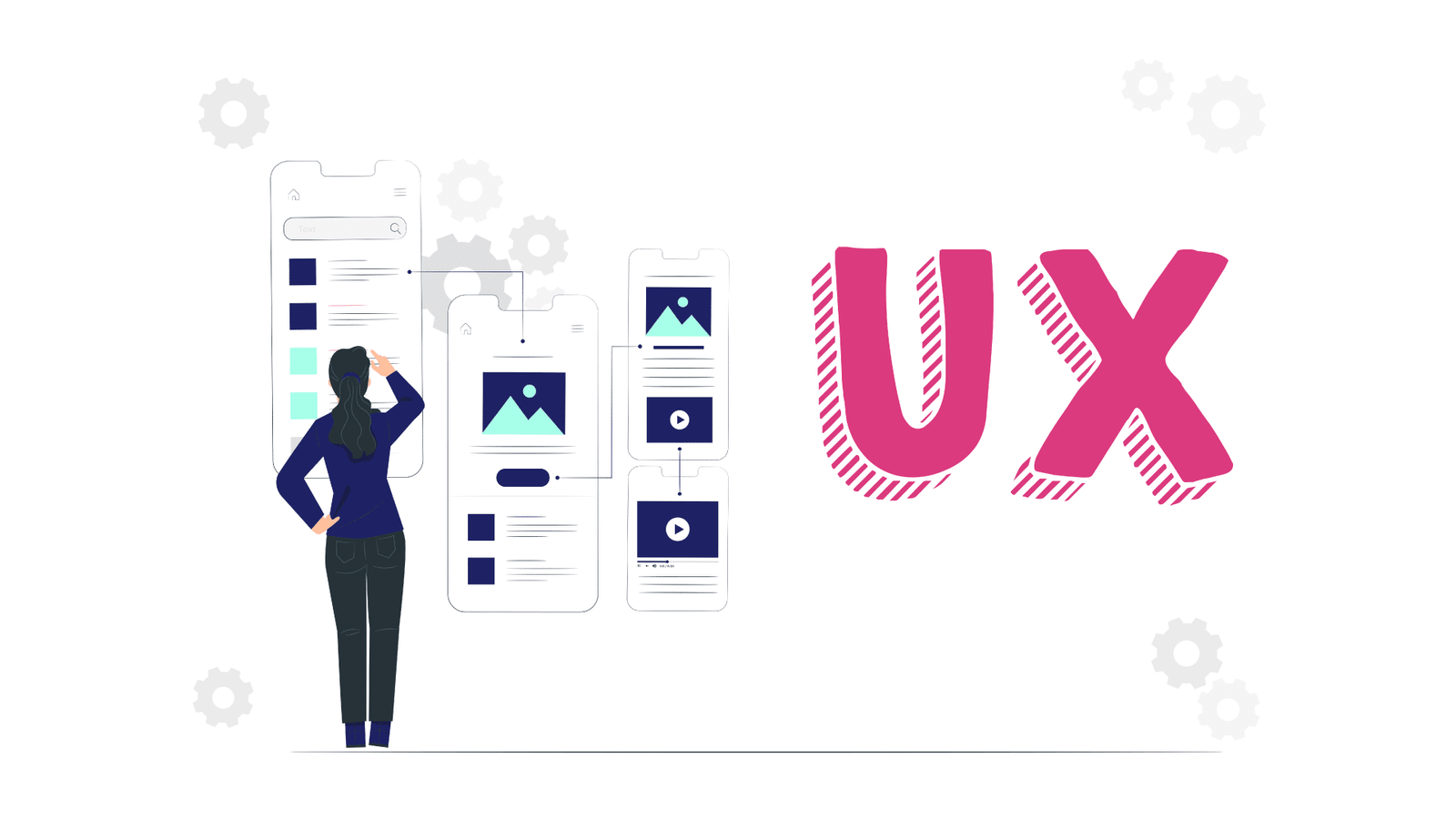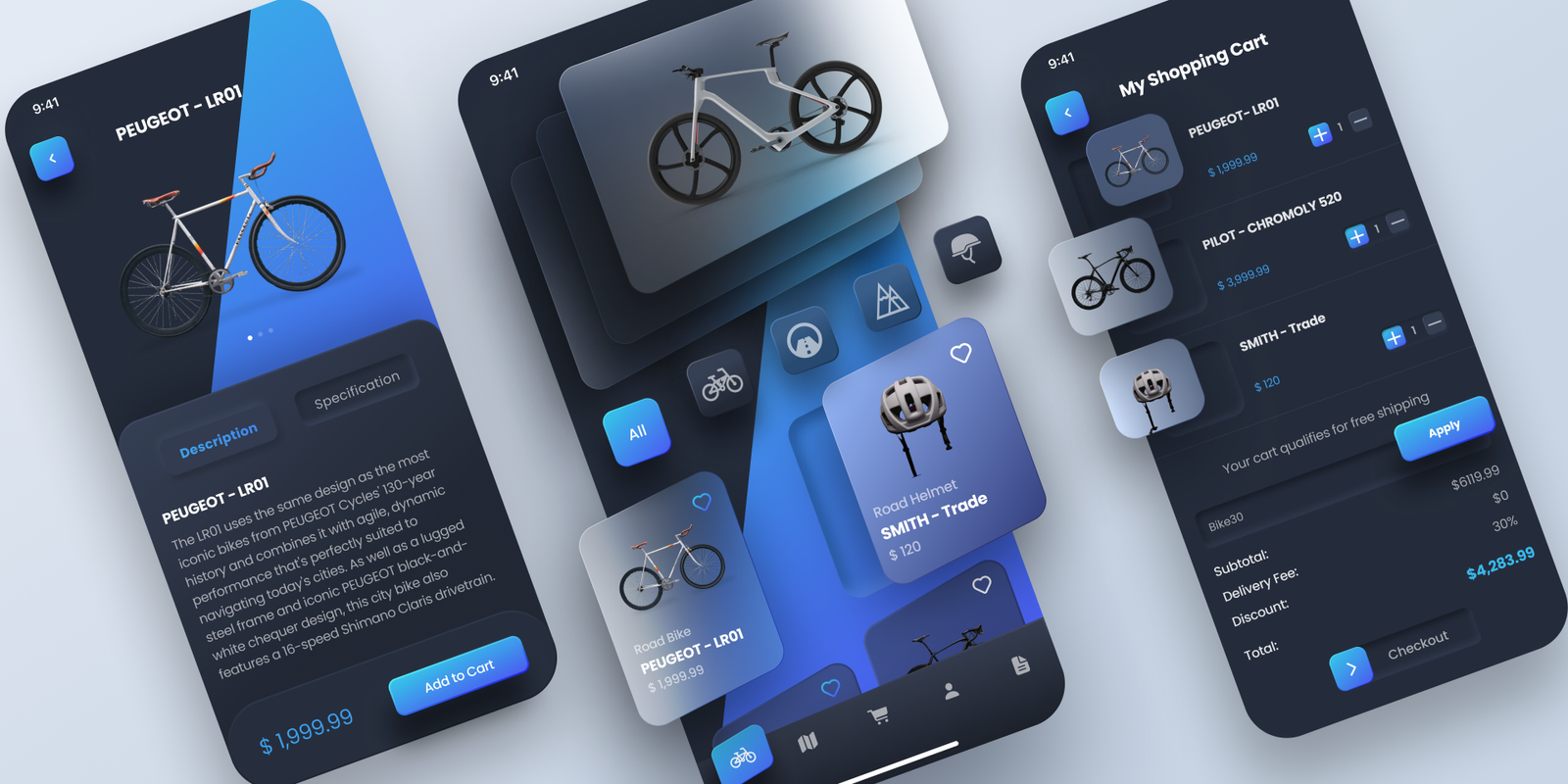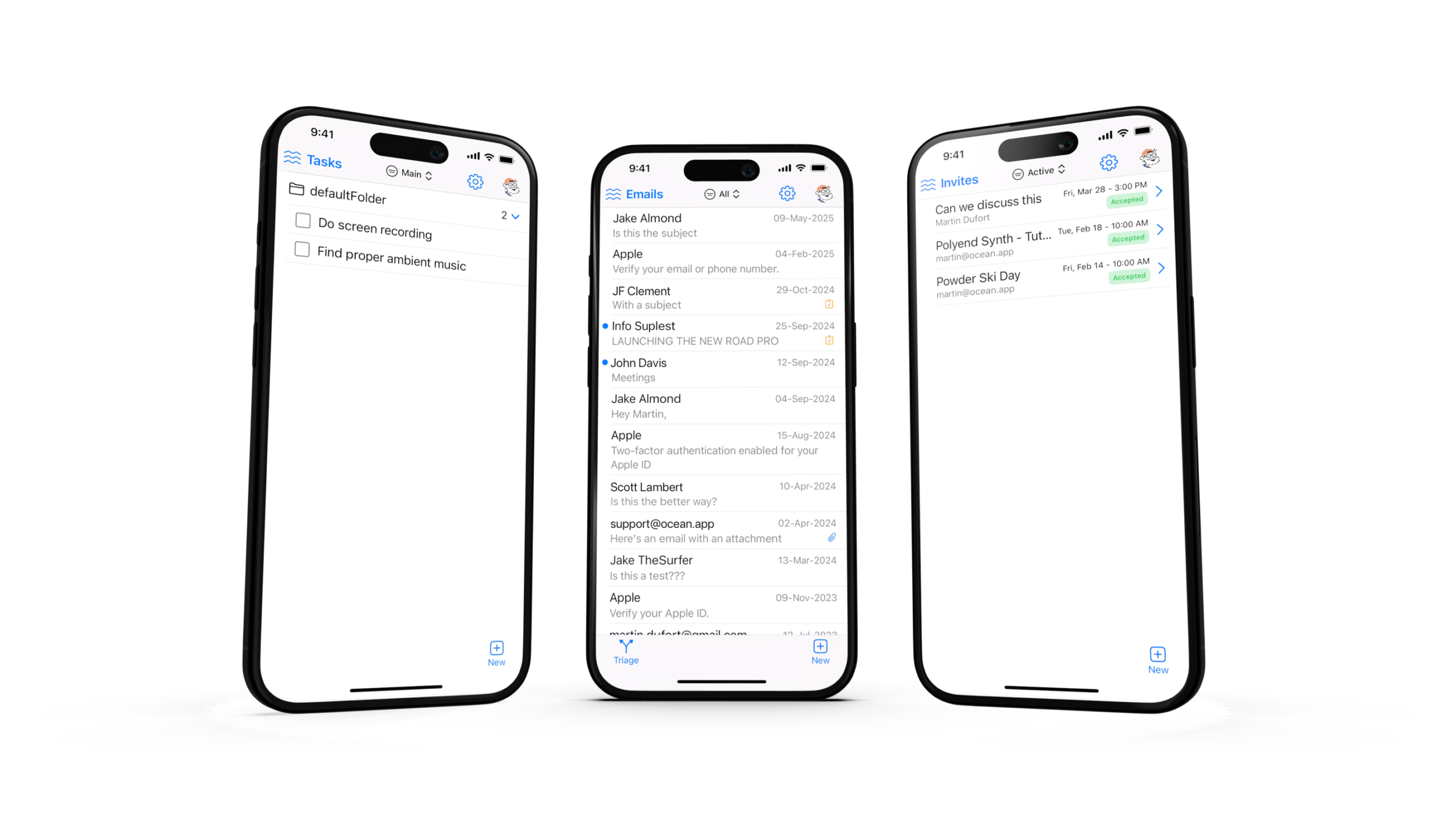
In today’s competitive digital world, businesses need to provide users with seamless, scalable, and secure mobile applications. As mobile apps become more complex handling real-time data, multimedia, and personalized experiences traditional infrastructure often falls short. This is where cloud computing emerges as a game-changer.
cloud adoption is no longer optional; it’s a strategic necessity. By leveraging cloud platforms like AWS, Microsoft Azure, and Google Cloud, businesses can develop apps that are faster, more reliable, and capable of handling fluctuating demands without compromising performance.
What is Cloud Computing in Mobile App Development?
Cloud computing is the practice of storing, managing, and processing data over the internet instead of relying on physical servers or local devices. For mobile apps, this means developers can:
- Store large amounts of user and app data remotely.
- Offload heavy computational tasks to cloud servers.
- Ensure apps run smoothly even during peak usage.
cloud integration means faster development cycles, cost savings, and the ability to deliver apps with modern capabilities like real-time data synchronization and cross-device access.
Key Benefits of Cloud Computing for Mobile App Development
1. Enhanced Scalability
Scalability is one of the biggest advantages of cloud adoption. Traditional infrastructure often struggles to handle sudden spikes in traffic. Cloud platforms like Amazon Web Services (AWS), Google Cloud, and Microsoft Azure allow apps to scale resources up or down in real time.
2. Cost-Effectiveness
Building and maintaining on-premise infrastructure is expensive. Servers, hardware, and IT teams all add up. Cloud computing reduces this burden with its pay-as-you-go model. Businesses pay only for the resources they use, making it especially attractive for startups and SMEs.
3. Faster Time to Market
Speed is everything in the digital era. Cloud providers offer ready-to-use infrastructure, pre-built services, and APIs, allowing developers to skip time-consuming setups. This results in shorter development cycles and quicker app launches.
4. Real-Time Data Synchronization
Modern users expect apps to sync data instantly across multiple devices. Cloud computing ensures real-time synchronization, so whether users log in from a phone, tablet, or laptop, they always see the latest updates.
5. Improved Security
Cybersecurity is a growing concern, especially for apps handling sensitive financial or healthcare data. Top cloud providers invest heavily in advanced security protocols, including:
- End-to-end encryption
- Multi-factor authentication
- Regular security audits and updates
Choosing the Right Cloud Platform for Mobile Apps
Not all cloud platforms are the same. The choice depends on business goals, app type, and budget. Here are the top three options most mobile app development companies rely on:
- Amazon Web Services (AWS): Offers the largest ecosystem of cloud services, including computing, storage, and AI tools. Perfect for businesses requiring massive scalability.
- Microsoft Azure: Best for enterprises that already use Microsoft tools. Its enterprise integration and security features make it ideal for large organizations.
- Google Cloud Platform (GCP): Known for its strength in AI, machine learning, and real-time data processing, making it perfect for data-heavy apps.
Future of Mobile App Development with Cloud Computing
Cloud computing is not just today’s solution it’s the backbone of future innovations in mobile app development. Here’s what lies ahead:
- AI and Machine Learning: Cloud platforms provide the computing power needed for apps that deliver personalized experiences.
- AR and VR Applications: Cloud-based processing enables immersive mobile experiences without overloading devices.
- IoT Integration: As IoT grows, cloud computing will power apps that connect and manage multiple smart devices.
Cloud computing has fundamentally changed how mobile apps are built and scaled. From scalability and cost savings to real-time synchronization and enhanced security, the cloud provides undeniable advantages.
For businesses in Bangalore, collaborating with a mobile app development company that integrates cloud solutions is essential to stay competitive. By leveraging cloud platforms, companies can launch apps faster, reduce costs, and deliver exceptional user experiences.
In a digital-first world, the message is clear: embrace the cloud, or risk being left behind.






































